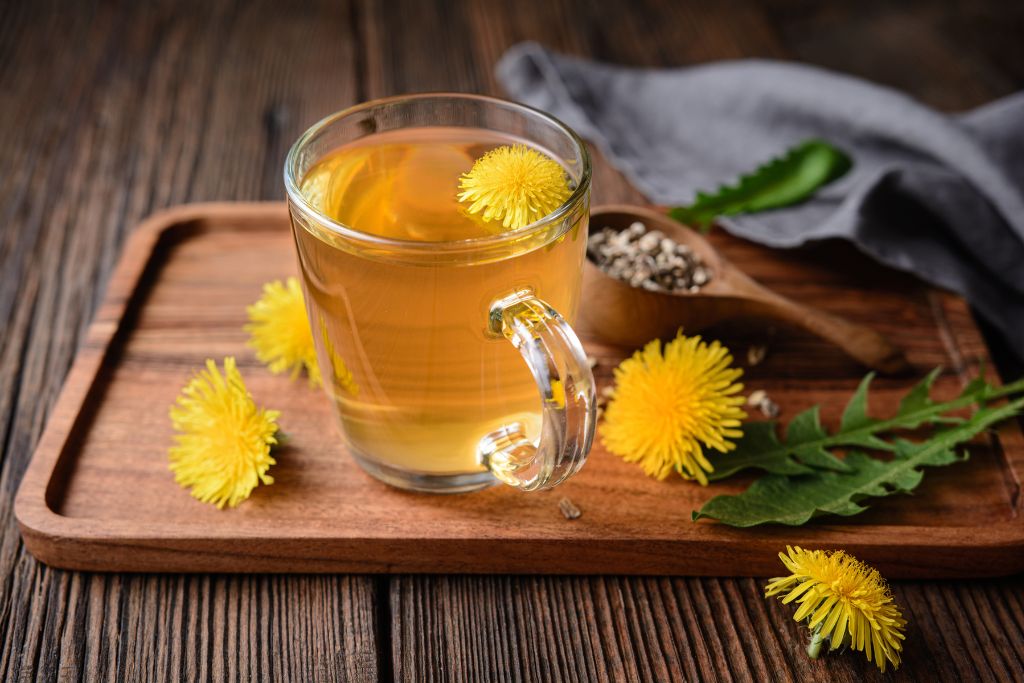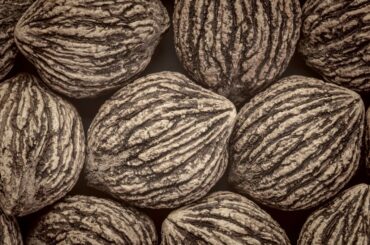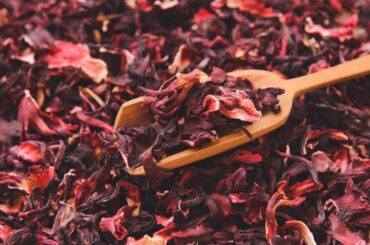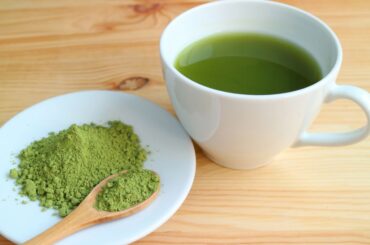Do you want to know how to make dandelion root tea? What gives this green tea its unique sweetness? With this detailed guide, you can make dandelion root tea that tastes great and is good for you.
Dandelion root tea has been ingested for centuries due to its purported digestive and liver health benefits. Indulge in a cup of tea while perusing this page for further knowledge regarding these intriguing beverages.
Try this dandelion root tea recipe if you’re in the mood for something new or interested in learning more about plant nutrition. Making a wonderful and healthy tea takes only a few minutes and a few simple ingredients, even if you’ve never brewed tea before.
What is Dandelion Root Tea?
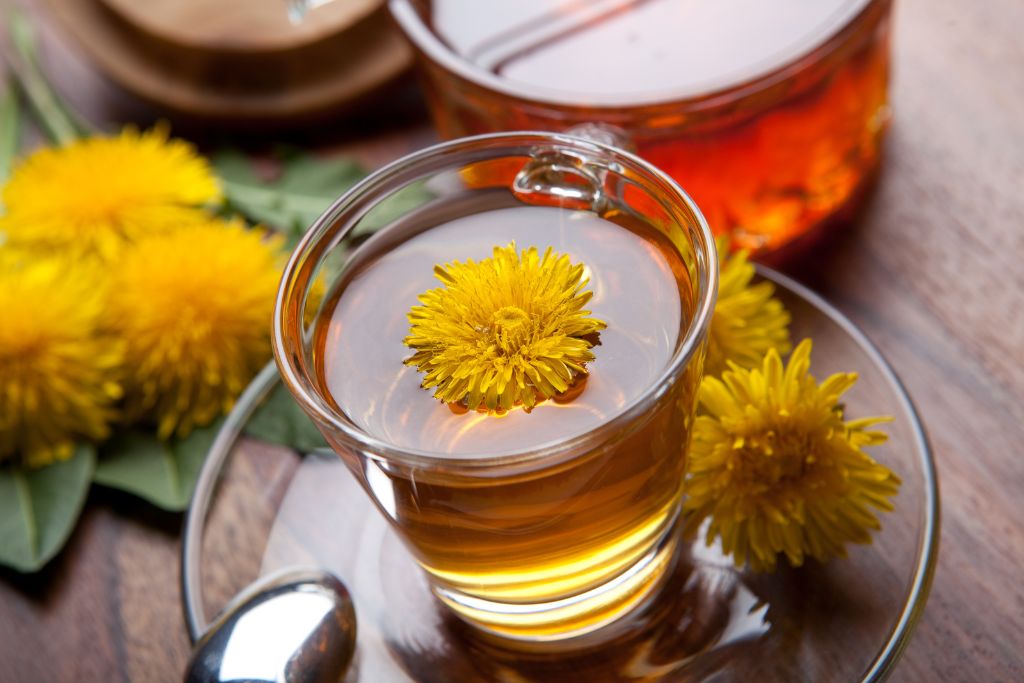
You can relax by making tea using dandelion roots. This plant has bright yellow flowers and extremely pointed leaves at the tips. They’re everywhere, though you’ll see them most of the time in France and North America.
The base for this aromatic tea is roasted dandelion roots. It tastes strong and earthy, almost nutty. This is an excellent substitute for caffeinated beverages for those who need the soothing effects of a warm drink without the associated jitters.
Potential health advantages have increased demand for dandelion root tea. Some people use it to help their digestion, clean out their liver, and enjoy its gentle diuretic qualities.
What Does Dandelion Root Tea Taste Like?
Dandelion root tea tastes warm and earthy, with a hint of nuts. It tastes like green tea or light roast coffee that is warm. You can change the mild taste by changing how long it boils and, if you want, by adding honey or milk. People who want a drink without caffeine but with a unique taste will really enjoy this.
What is Dandelion Root Tea Good for?
Dandelion root tea has numerous health benefits. The mild diuretic effect of this plant aids the elimination of toxins from the liver and digestive tract. Water hoarders could benefit from it, as well. Some find solace in its calming qualities, while others value its reassuring sweetness. This tea made from plants is not only tasty, but it may also be good for you.
Dandelion Root Tea Ingredients
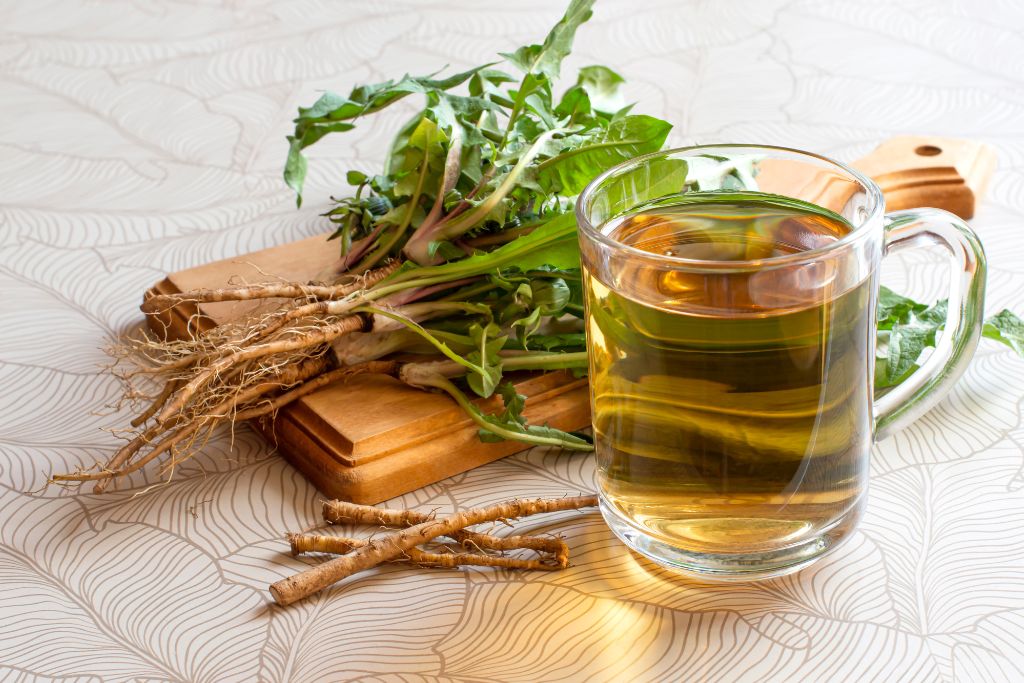
Let’s quickly examine the materials needed to brew some dandelion root tea. You can find all of these things in almost every kitchen. Everything that goes into dandelion root tea is written below:
1. Dandelion Roots
Dandelion roots are the main ingredient in this tea. It can be used fresh or purchased dried.
2. Water
Use only pure water to brew the best cup of tea. Use filtered water to get the maximum flavor from your tea.
3. Sweetener (optional)
You can sweeten your tea with honey, sugar, or whatever else you like. This is completely an optional procedure.
4. Cinnamon Stick (optional)
A cinnamon stick is great for your tea if you like a little warmth and spice. You can also skip this.
5. Lemon Wedge (optional)
To give your tea a sour and refreshing twist, squeeze in some lemon juice.
6. Mint Leaves (optional)
Mint leaves enhance the flavor of tea substantially. Whether or not to use them is up to you.
7. Ginger (optional)
Those who prefer their beverages on the fiery side will enjoy a cup of tea laced with fresh ginger slices. It is your choice whether or not to use this one, too.
8. Milk (optional)
You can blend milk or dairy-free milk like almond or soy milk into your tea to make it creamier. This additional measure is also up to you.
9. Vanilla Extract (optional)
You can give your tea some sweetness and depth with a drop of vanilla extract. It’s yet another optional ingredient.
10. Orange Peel (optional)
Some people like the smell and taste of citrus that orange peel can add to tea, and you can do that if you want to.
How to Prepare Dandelion Root Tea
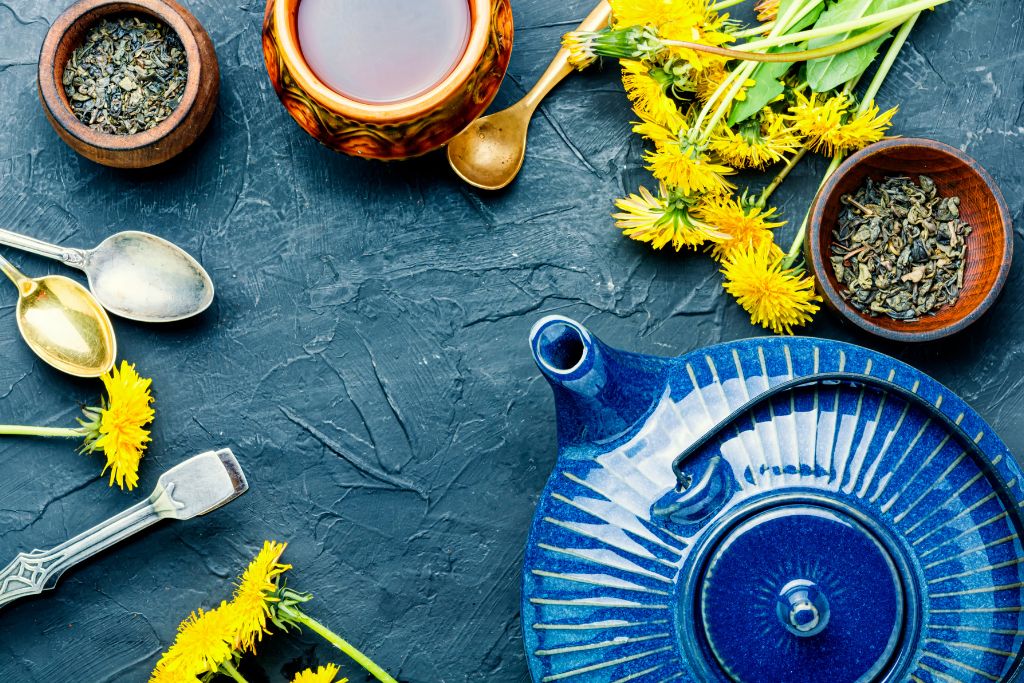
Tea derived from plants is a delectable delight for those who have not yet tried it. To make one cup of dandelion root tea, follow these eight simple steps.
1. Gather Your Ingredients
Gather your dandelion roots, water, and any extras you might want to add, like herbs, spices, or sweets.
2. Prepare the Dandelion Roots
Roots from a fresh dandelion should be cleaned and diced. If the roots have been dried, further preparation is unnecessary.
3. Boil Water
Bring clean, fresh water to a temperature of about 88°F (190°C) just before it boils. This setting is just right for making dandelion root tea.
4. Add Dandelion Roots
Put the dandelion roots in a teapot or another container that can handle the heat.
5. Pour Hot Water
Gently soak the roots of the dandelion in the heated water.
6. Steep
Place the lid on top of the container and leave it alone for 5 to 10 minutes. Longer steeping results in a more pronounced flavor.
7. Strain
Separate the juice from the dandelion roots with a strainer. If you use fresh roots, make sure to strain them well.
8. Flavor to Taste (Optional)
You can add honey, cinnamon, milk, or other optional items to make it taste better if you want to.
9. Mix Well
To get your desired taste, stir the tea to mix in any extra ingredients.
10. Serve and Enjoy
Savor the earthy, cozy tastes of your freshly brewed dandelion root tea. It’s up to you whether you want to eat it hot or cold.
Tips for Making Dandelion Root Tea
To assist you in preparing the highest quality cup of dandelion root tea, consider the following advice prior to starting. Boost the benefits of your dandelion root tea by following these fourteen useful tips.
1. Choose Fresh or Dried
Fresh or dried dandelion roots are both useful. Each choice can have a purpose, so pick the one that’s most convenient for you.
2. Proper Cleaning
Be sure to thoroughly wash any fresh roots you use to remove any dirt.
3. Chop Fresh Roots
Cut the fresh dandelion roots into small pieces so that the taste can come out better.
4. Use Filtered Water
For the best tea, use water that has been cleaned and filtered.
5. Ideal Temperature
For brewing, maintain water temperature at approximately 190°F (88°C).
6. Steeping Time
Let the tea steep for 5 to 10 minutes for the best taste. If you soak it for longer, it can get stronger.
7. Strain Properly
Make sure the tea is well strained so that there are no bits of root in your cup.
8. Optional Additions
Adding things like sweeteners, spices, or herbs can make your tea more unique.
9. Avoid Boiling
Don’t boil the roots, or the tea will taste bitter.
10. Quantity Matters
Each cup of water should have about 1 to 2 teaspoons of dried dandelion root in it.
11. Mix It Up
Add any extras you’d like and stir them in thoroughly.
12. Dandelion Greens
You can add dandelion greens to make it taste better and more nutritious.
13. Iced Tea Option
For a new taste, try serving it cold with ice.
14. Mindful Sipping
Enjoy the natural taste of dandelion root tea slowly and think about the good things it might do for you.
Dandelion Root Tea Nutritional Facts
Below are some amounts you can expect from each serving of dandelion root tea. Keep in mind that these numbers may be different based on the recipe and the size of the servings:
- Calories: 2 to 5 cal
- Carbohydrates: 0 to 1 gram
- Protein: >1 gram
- Fat: 0
- Saturated Fat: 0
- Cholesterol: 0
- Sodium: 0
- Potassium: 10 to 20 milligrams
- Sugar: 0, though it can increase if you add sweeteners
- Calcium: >1%
Sample Disclaimer: Serving size and additional condiments can have an impact on these values. Using high-fat milk or other sweeteners can enhance the calorie and sugar content of a beverage. The antioxidant concentration of dandelion root tea implies that it may be healthy.
Dandelion Root Tea Benefits
Dandelion root tea’s benefits extend far beyond its ability to improve digestion; it also helps the liver and provides vital nutrients. Learn about the eight benefits of this herbal infusion and see why dandelion root tea has become so popular.
1. Digestive Aid
Dandelion root tea is a great choice to drink after a meal because it may help with stomach problems and promote healthy digestion.
2. Liver Health
People know that it helps the liver stay healthy by aiding in cleansing and keeping the liver healthy.
3. Natural Diuretic
The tea’s mild diuretic properties can aid in regulating your body’s cellular water balance.
4. Nutrient-Rich
Tea made from dandelion roots is nutritious since it provides the body with the necessary vitamins and minerals.
5. Anti-Inflammatory
The anti-inflammatory properties of this tea’s antioxidants may make your aches and pains more bearable.
6. Weight Management
It can help you lose weight and feel less bloated because it makes you pee more.
7. Supports Skin Health
Because of its purifying properties, some people drink dandelion root tea to achieve healthier skin.
8. Caffeine-Free
Enjoy these advantages without the negative effects of caffeine. Because of this, people of all ages can find comfort in it.
FAQs
What is Dandelion Root Tea Good for?
Tea made from dandelion roots aids digestion, safeguards the liver, and stimulates urination. Its high vitamin content suggests it might help in other ways, too. It has a distinctive flavor that’s worth trying.
Is It Safe to Drink Dandelion Root Tea Every Day?
Yes, dandelion root tea is safe to drink daily, but excess of any plant tea can be harmful. If you take any medications or have any medical concerns, you should consult a doctor or nurse.
Is Dandelion Tea Good for Acid Reflux?
Dandelion tea may aid some people with acid reflux since it aids digestion and has no caffeine. Pay attention to how your body responds since it may work for certain people.
Can You Drink Dandelion Tea on an Empty Stomach?
Drinking dandelion tea on an empty stomach is generally harmless and beneficial for digestion. If you have an easily upset stomach, however, it’s recommended that you wait until after eating before drinking it.
Is Dandelion Tea Good for Your Heart?
Dandelion tea’s antioxidants are good for your heart since they reduce inflammation and boost your overall health. It won’t disappear your cardiac problems, but it will help you avoid them.

